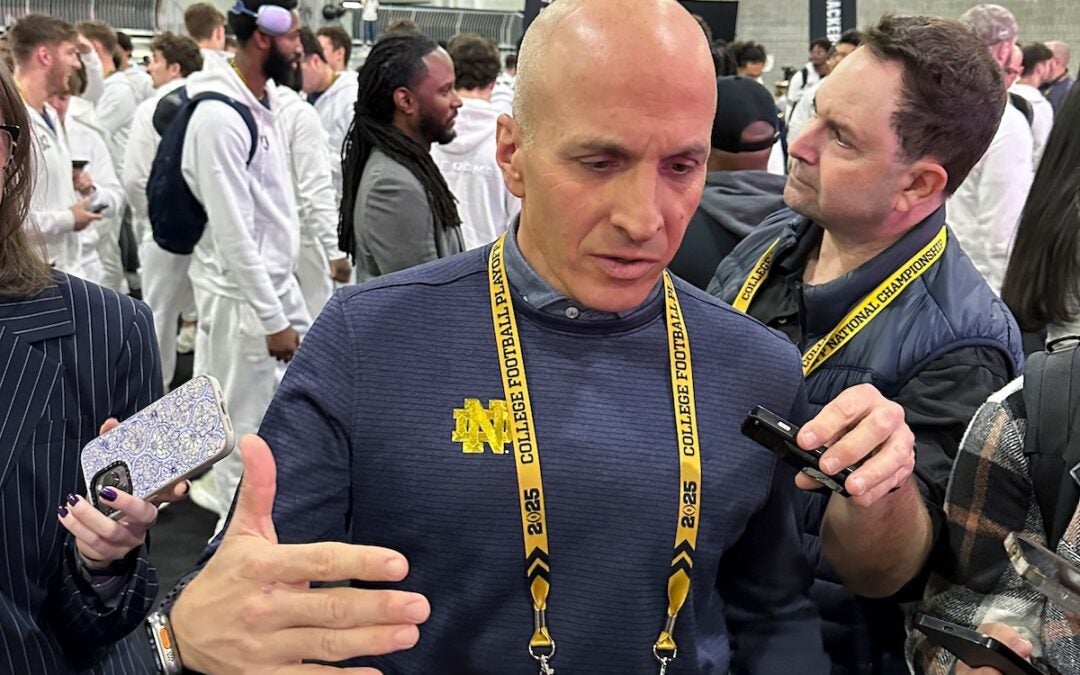Inspiring campers K-6 to believe in making the impossible possible, the Ruth Patrick Science Education Center, located at the University of South Carolina Aiken, brings to life Camp Invention for its 13th year of teaching confidence boosting science, technology engineering and mathematics (STEM) activities.
Camp Invention is a nationally recognized summer enrichment program created by the National Inventors Hall of Fame and the United States Patent and Trademark Office, with new curriculums every year to keep experienced students coming back for more lessons.
This year the camp, which runs from June 19 to 23, is organized around five different modules which focus on several STEM topics, such as: gravity, force, motion, adaptation, evolution, advanced problem solving skills and technology. These varying activities are made possible by assorted recycled materials that young participants utilize to fabricate educational and fun projects.
“Camp Invention has such a unique twist to it,” said Director of Special Programs John Hutches. “The kids are not only doing science experiments, but they’re also kind of adding business and inventiveness to it.”
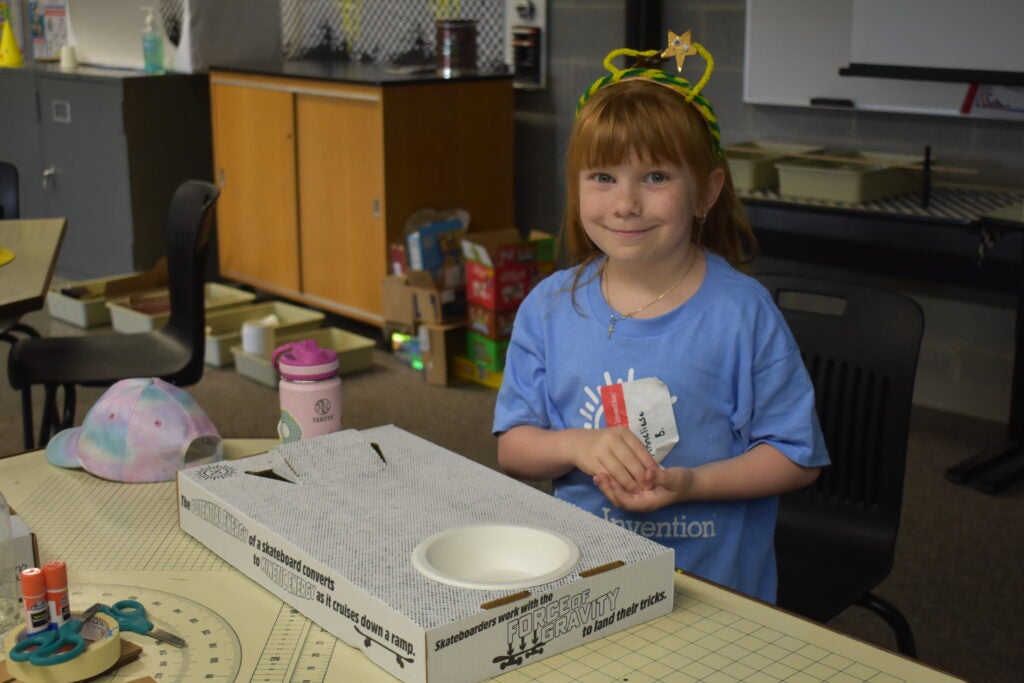
The updated curriculum involves activities like creating a skate park using physics, engineering and art; customizing a mini robot to learn about biology, event planning and much more.
For some families, Camp Invention has become so impactful that overtime the center allowed some to stay involved for many years later; these select counselors are now learning leadership skills and responsibility by being involved with the program in a completely new role.
Counselor Harper Helvie said her favorite part of Camp Invention was making new friends while reconnecting with old ones, and getting to create memories together throughout the week as they learned.
“Ever since I came to camp, I was so fascinated with the simple idea of ‘here make an invention,’ and that so many people can create so many great things,” said longtime camper and now counselor Alexander Nord. “Now, I really love being able to still instill the same curiosity that I was given when I came to camp.”
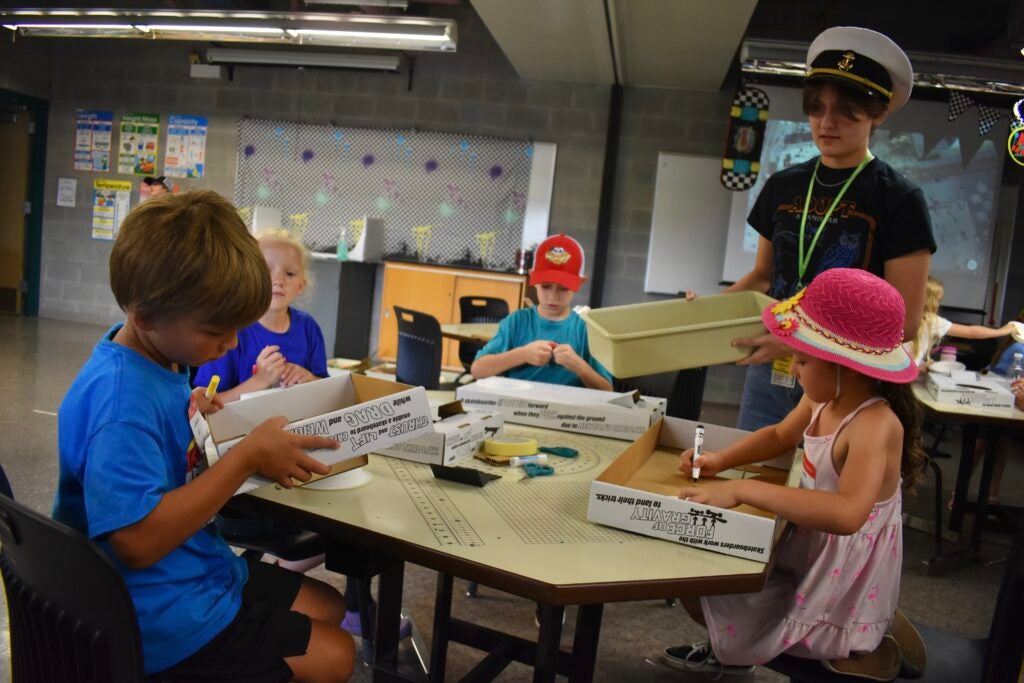
In addition to STEM instruction, the program is also highlighting the importance of basic business knowledge and entrepreneurship by implementing an activity completely centered around creating a small business and the inner workings of running said operation.
“We gave them a budget at the beginning of the week and we talked about how businesses have to pay for a permit from the city, and then yesterday those that wanted to serve food and drinks also learned they also had to pay for a food/beverage permit,” said Lizzy Green, camp counselor and Ruth Patrick Science Education Center Programs Educator. “We’ve really pushed them to think about other incentives for customers too which is really important for a business … I think it really teaches them that there is a process to everything. It makes them think about it.”
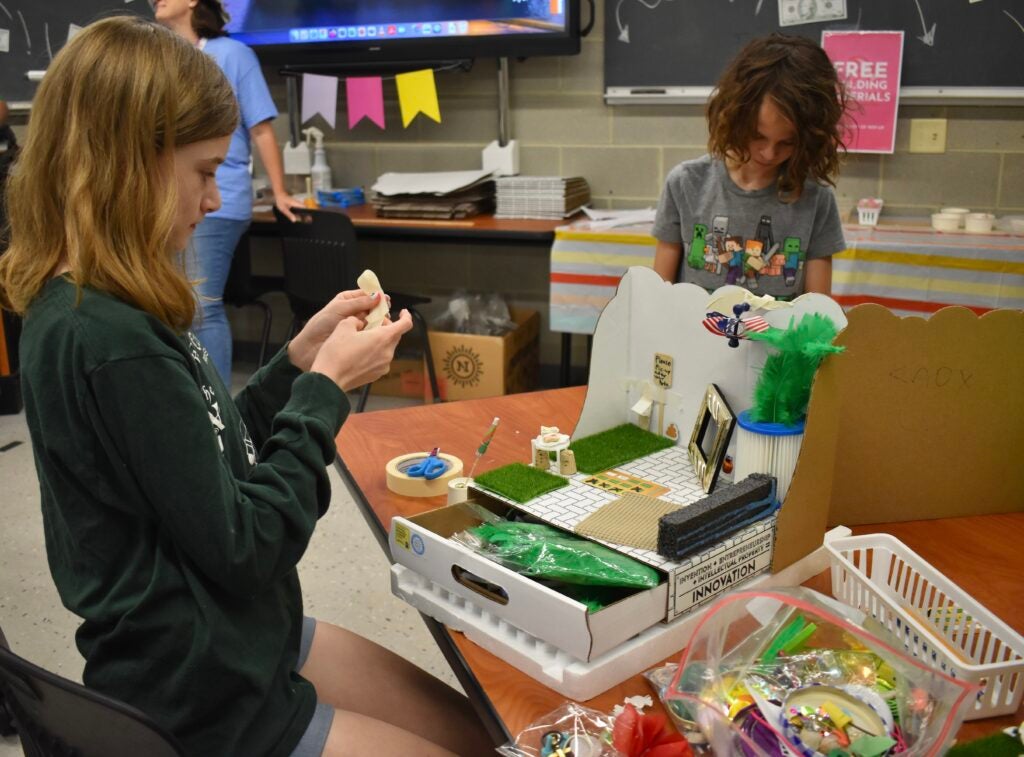
Green also said children were taught about marketing for one’s business by paying for advertisements, and even paying attention to ways they can receive money back by completing an environmental incentive, which will reward businesses who incorporate different plant life or outdoor aspects.
In preparation for becoming tomorrow’s inventors, Hutches said he believes children should learn basic business knowledge because it teaches them to understand vital processes such as patents, business plans and different strategies.
“It’s letting them get to know more about the real world,” he said. “If you are going to be a creative type of person, you need to be able to know how to sell things.”
As students were given opportunities to explain their ideas and imaginativeness after each module, counselors and supporting staff praised campers’ good ideas and boldness when completing tasks using ingenuity.
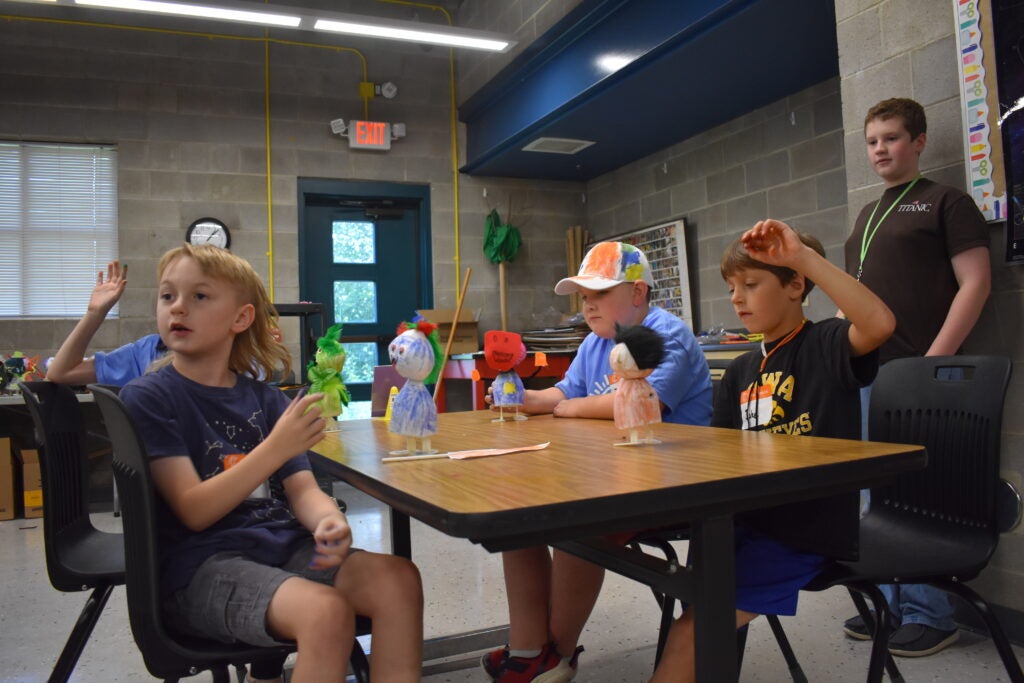
But to many camp counselors and staff, the most important and impactful part of Camp Invention is the creativity the activities stimulate and encourage throughout the week by nurturing each child’s inventiveness.
“Camp lets these kids have an outlet for their creativity, which I think schools really lack,” said Student Programs Specialist Kelly Galvarino. “It’s just amazing to see what they create; they really pull such out-of-the-box ideas that are so impressive.”
For more information about the Ruth Patrick Science Education Center and their programs, visit: https://www.usca.edu/rpsec/








